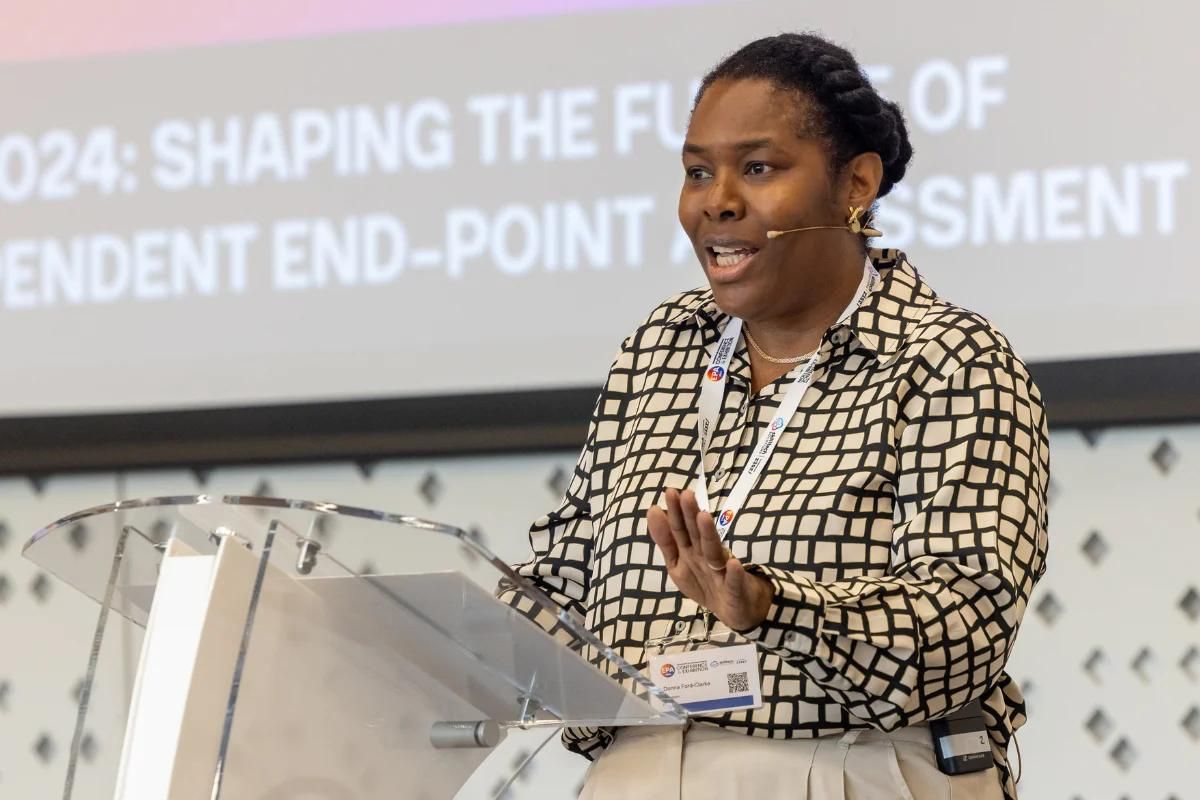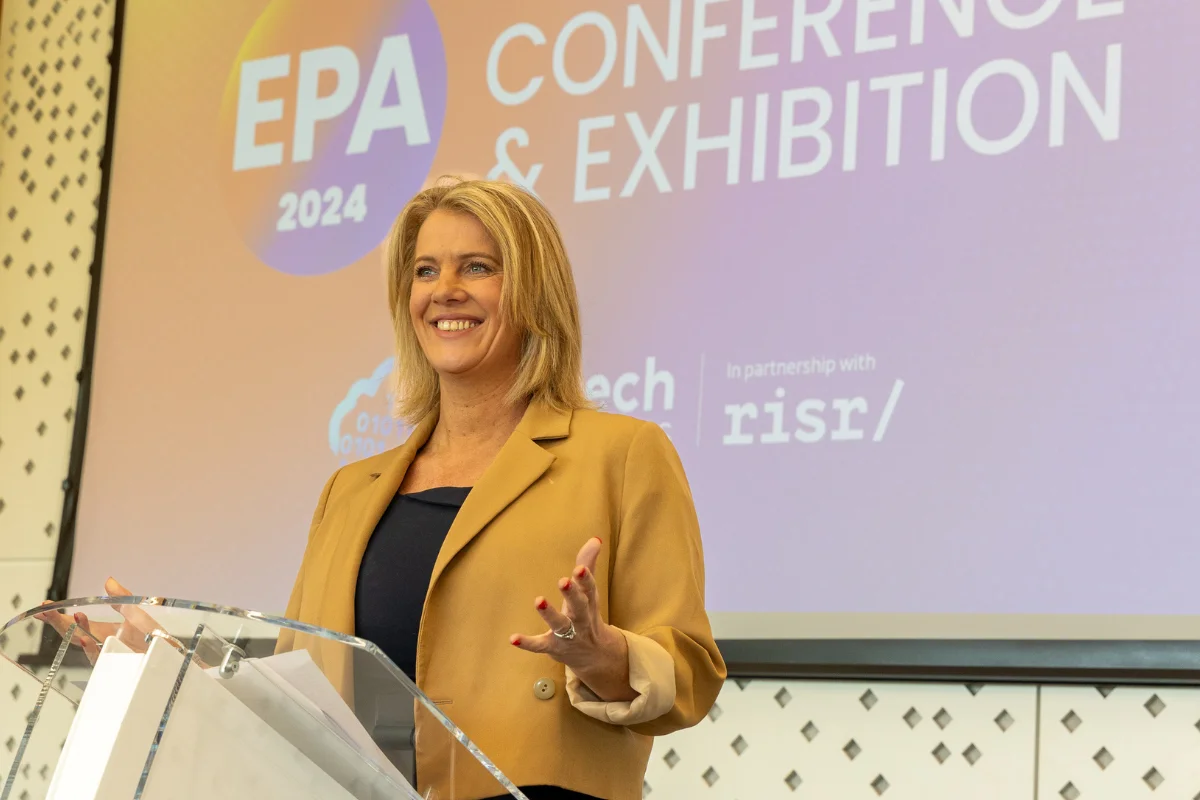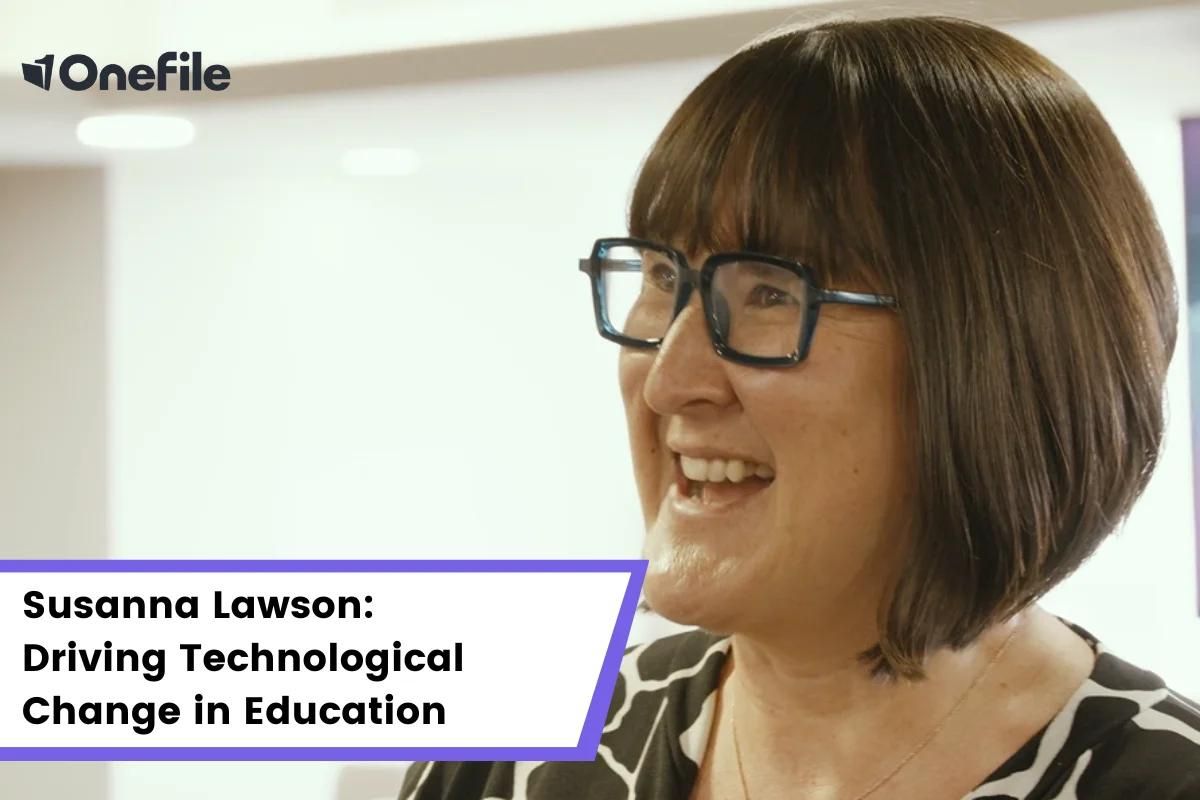Opportunity Action Plan: Former Education Secretary Justine Greening is working with the University of Northampton to protect opportunities and boost social mobility

@UniNorthants partners with Rt Hon @JustineGreening @TheSMPledge to #LevelUp Britain
Former Education Secretary Justine Greening is working with the University of Northampton to protect opportunities and boost social mobility.
The partnership comes as research shows 80% of people are concerned that there will be fewer available job opportunities for young people nationwide in the aftermath of COVID-19.*
On Thursday 4 February, the University will sign the Social Mobility Pledge, a campaign and coalition businesses and universities committed to being a force for good by putting social mobility at the heart of their purpose.
By signing the Pledge, businesses and universities commit to enhancing opportunities by working with local schools; offering training and apprenticeships; and by adopting fair recruitment policies.
More than 500 organisations representing over seven million people have signed the Social Mobility Pledge. This includes over 50 universities with more than two million students represented.
The partnership between Justine Greening and the University of Northampton will include the development of an Opportunity Action Plan to level up Britain in the wake of COVID-19.
The plan will share the University of Northampton’s work to level up opportunities within its organisation and its local communities. The plan will also set out how the organisation plans to go further and play its role in Britain’s national recovery from COVID-19 amid warnings of a rise in youth unemployment.
University of Northampton Vice Chancellor Professor Nick Petford said:
“We face urgent challenges as a society, and now the additional pressures resulting from the pandemic requires a unified response that will benefit those who need it most.
“As a university dedicated to social innovation and purpose-led change, we have a vital role to play in addressing these agendas – and we are proud to demonstrate our commitment by signing the Social Mobility Pledge.”
Rotherham-born Ms Greening herself benefited from social mobility, becoming the first Secretary of State for Education to have gone to a comprehensive school and local FE college.
She co-founded the Social Mobility Pledge in 2018 alongside UK entrepreneur and social mobility philanthropist, David Harrison, to tackle Britain’s widespread lack of social mobility.
So far more than 500 businesses and universities, representing over seven million employees and students, have signed the Social Mobility Pledge.
Justine Greening said: “Many young people are seeing their life prospects drastically downgraded, with jobs and job offers disappearing. Meanwhile, massive demand for reskilling and career shifting support is building up.
“Well defined purpose together with a strong culture and leadership have marked out those organisations which have taken the right decisions in response to the crisis, from those which have not. The challenge now, and one that the University of Northampton has stepped up to, is for Britain’s businesses and universities to play their role in boosting opportunity and social mobility as part of our national recovery.
“I’m looking forward to working with the University of Northampton on their Opportunity Action Plan. They are committed to making a difference and levelling up Britain. I hope many others will follow their example.”
The Social Mobility Pledge is a commitment from businesses large and small across Britain to become a Social Mobility Pledge accredited employer taking the three steps below:
- Partnering directly with schools or colleges to provide coaching through quality careers advice, enrichment experience and/or mentoring to people from disadvantaged backgrounds or circumstances. Businesses can work through the many social mobility charities and organisations, such as Speakers for Schools, Inspiring the Future, the Princes Trust, the Careers and Enterprise Company, that are already there to help businesses and employers do more on the ground.
- Access – providing structured work experience and/or apprenticeship opportunities to people from disadvantaged backgrounds or circumstances
- Recruitment – adopting open employee recruitment practices which promote a level playing field for people from disadvantaged backgrounds or circumstances, such as name blind recruitment or contextual recruitment. Business and employers can sign up today to be a Social Mobility employer.
*Based on a nationally representative sample of 2,000 working adults, conducted by the Social Mobility Pledge.











Responses